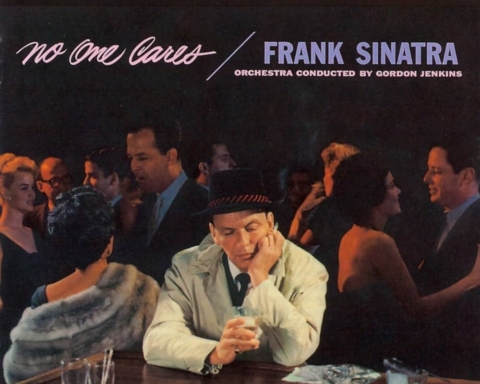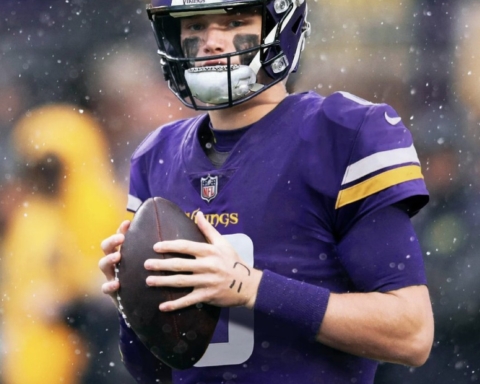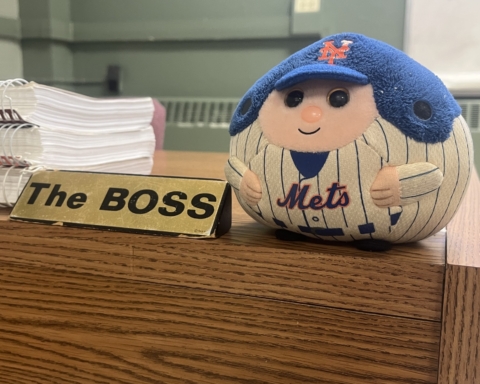BY: JOSEPH DEBELL, OPINION ASSIGNMENT EDITOR
Spotify logo courtesy of Wikimedia Commons
The recent reshuffle of Spotify’s royalty model has led the music-streaming platform to brazenly screw over smaller musicians more than ever.
In short, the Billboard and Music Business Worldwide reports both highlight that the royalty-model changes will include a new threshold of minimum annual streams, financial penalties for music distributors and a minimum play-time length that each non-music ‘noise’ track must reach in order to generate royalties.
This essentially means Spotify wants to pay even less, or practically nothing, to artists who don’t have massive sums of streams to begin with. And it raises the question: Wouldn’t the right action be to benefit artists who are earning very little? Instead, Spotify insists on helping artists who are already netting millions of streams a month.
The Universal Music Group is one of the major record labels in the world. To rub salt in the wound, Lucian Grainge, the universal music group’s CEO, refers to the recent revamp of this royalty model as benefiting “real artists with real fanbases.”
The decision contradicts Spotify’s previous public-relations decision about how it wants to lend a hand to smaller artists by including them in its generated playlists for users.
Billboard reported on that previous public-relations decision by highlighting that Spotify’s Discover Weekly and Fresh Finds products both “point listeners towards new and ‘underheard’ music.”
Spotify pinches its users, putting them in a tricky situation where the most established artists have the freedom to create art. Meanwhile, the less-popular artists are forced into making music just to get out of the threshold trench.
That trench being Spotify’s plan to create such a demanding threshold that it “de-monetizes tracks that previously received 0.5% of Spotify’s royalty pool,” according to Music Business Worldwide.
The issue, however, is the number artists have to reach to be above this threshold isn’t defined.
What’s also frustrating is that if this policy benefits Spotify financially, I’m worried that the other streaming platforms might follow suit.
Billboard and MBW reported that the next section in the change will be “financial penalties for music distributors and labels when fraudulent activity on tracks they have uploaded to Spotify has been detected.”
This prompts vagueness. Whatever Spotify considers to be “fraudulent” is still ill-defined. And it could allude to potential stream farming, or what Click Disease defines as “a network of devices, such as smartphones or computers. Their main goal is to play a specific song or piece of music to create the appearance of a large number of online listeners.”
While stream farming exists, we’ve yet to see an exposé of artists or labels employing it. I’m skeptical of Spotify’s plan to fix stream farming — since Spotify and record labels could potentially benefit from it. Therefore, I’m reluctant to subscribe to the notion that there would be an immense business incentive to halt stream farming in the new royalty model. Not to mention, two-step verification could potentially solve this issue more efficiently.
Music optimists have been saying that streaming needs to be part of the zeitgeist and get more popular, so there will be more competition, causing royalty rates to rise. Spotify’s changes to its royalty model are more than just a demonstration of how that thought process isn’t accurate — but more of a demonstration of Spotify’s unethical decisions to make money hand over fist.
debelljb22@bonaventure.edu






